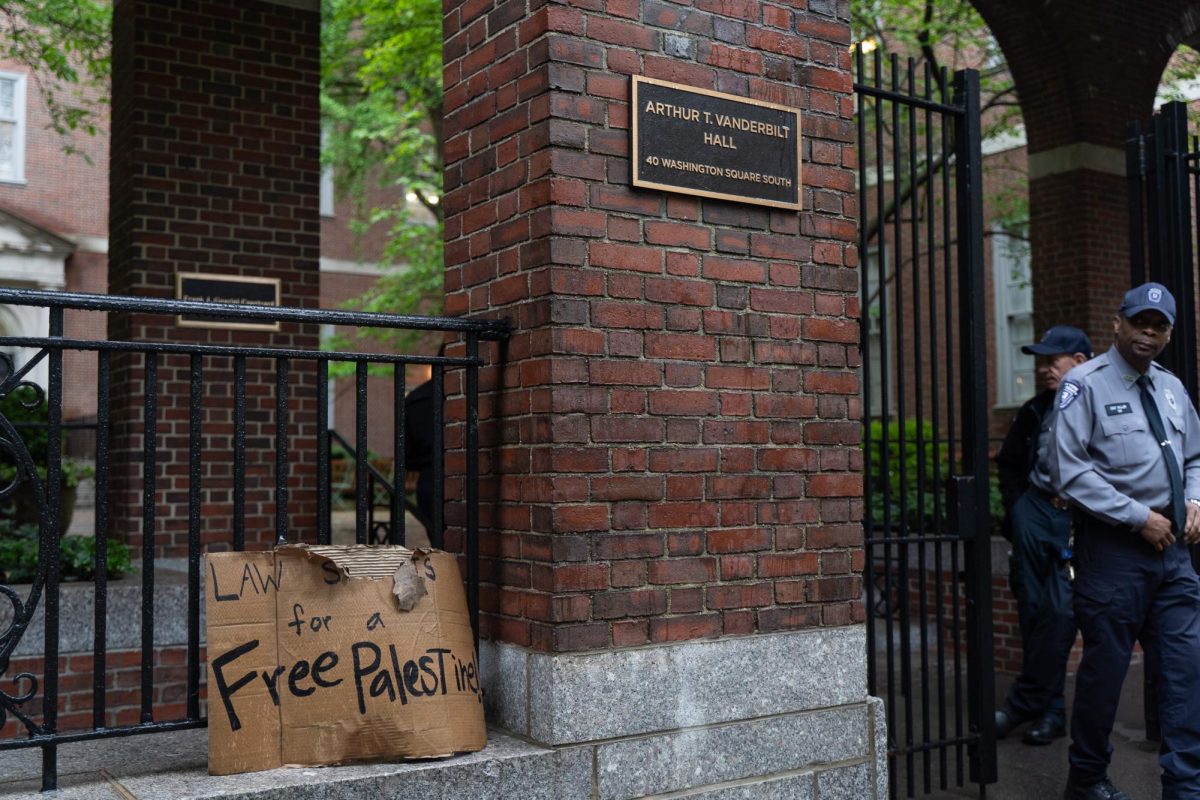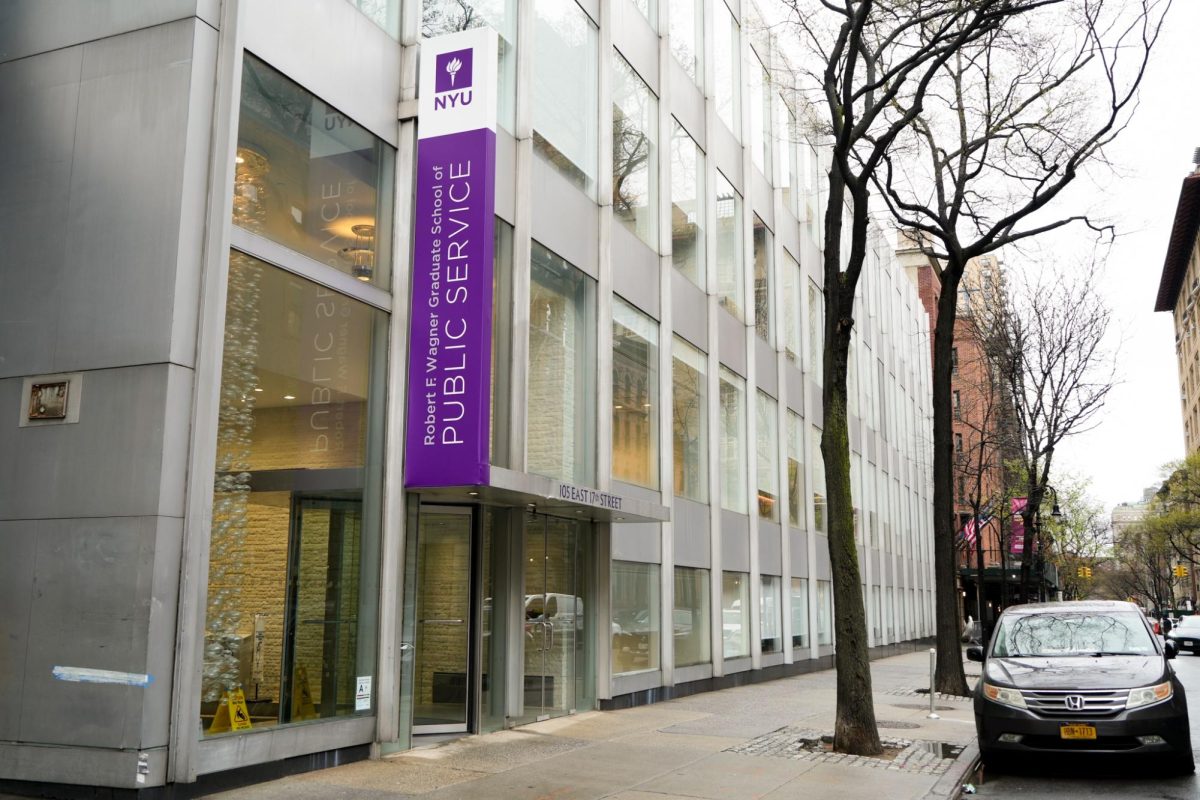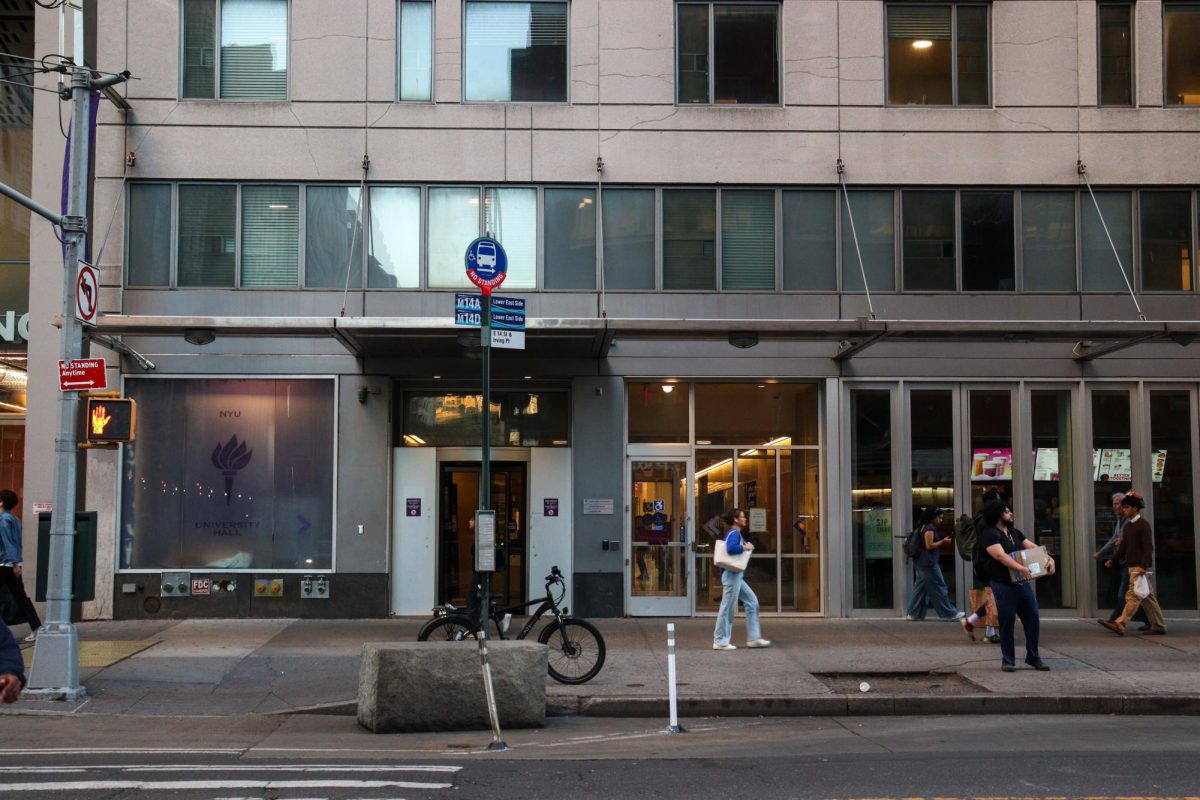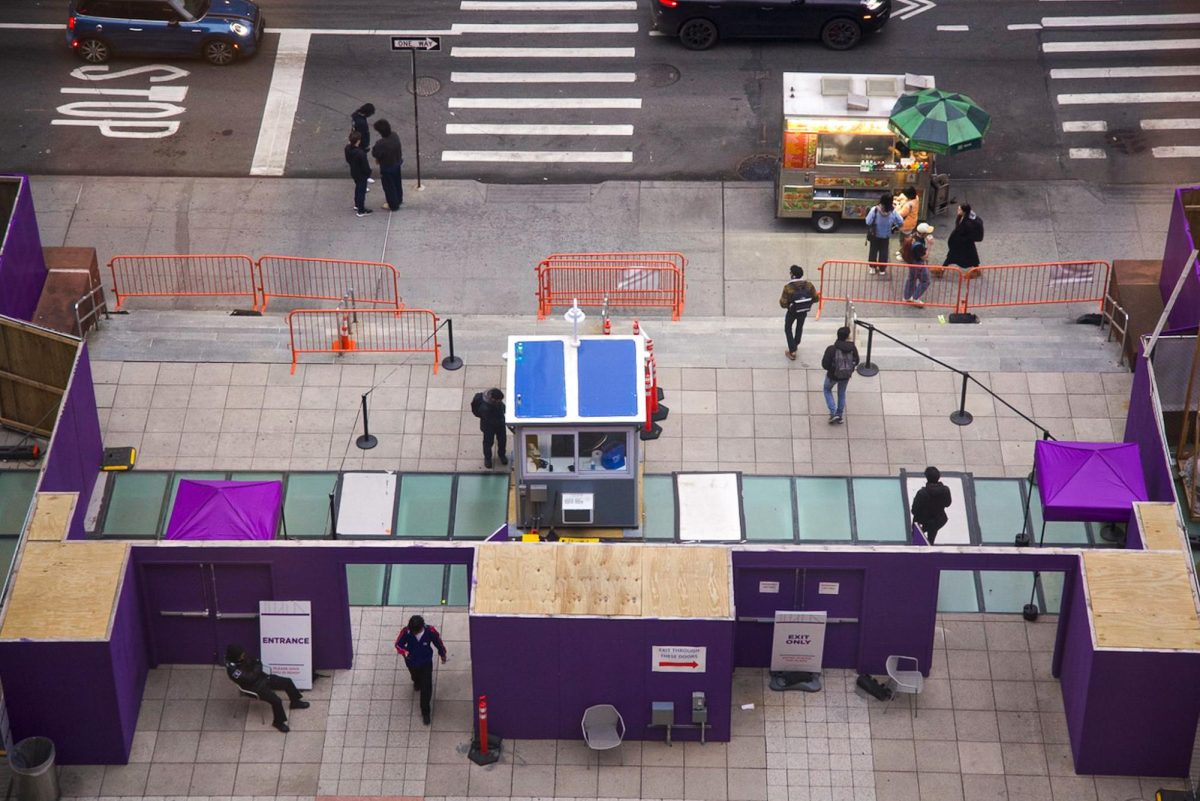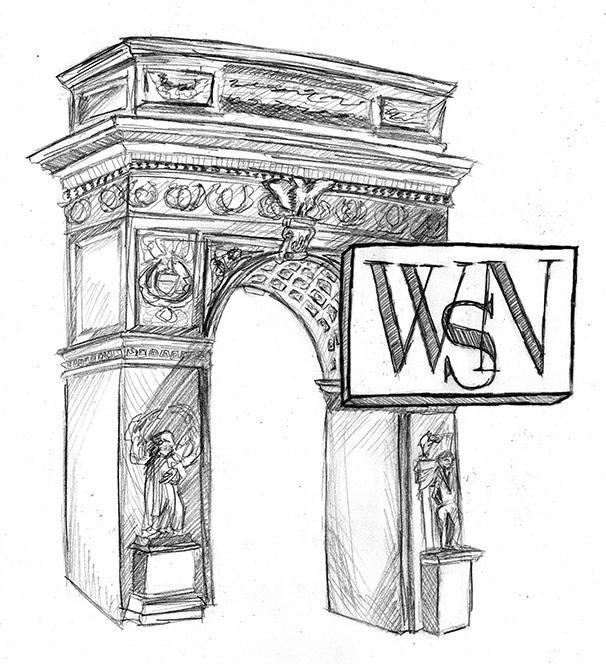This year, NYU has chosen to commemorate the 50th anniversary of the Stonewall riots by hosting academic programs, exhibits and performances all over the university. As part of this commemoration, NYU Skirball held a discussion addressing liberation in an academic setting last week. During the event, NYU’s history of prohibiting queer events on campus came to light, contrasting the progress achieved by NYU as its namesake city transformed into a hub for LGBTQ recognition.
The Stonewall riots were a monumental stepping stone in the LGBTQ rights movement. They inspired the creation of groups who still advocate for LGBTQ rights to this day, such as GLAAD and the Human Rights Campaign. At the time of the riots, many LGBTQ individuals faced blatant forms of discrimination from both law officials and their peers. Public displays of affection were illegal, and police were allowed to arrest people who were wearing fewer than “three gender-appropriate articles of clothing.”
That is not to say the LGBTQ community does not still face heinous forms of bigotry today. The average life expectancy for trans women of color is 35. The death of Marsha P. Johnson — one of the most prominent gay liberation activists at Stonewall and a black transgender woman — remains unsolved to this day. But in celebrating the influence of history and endorsing a cognizance of our past, we allow ourselves to further take advantage of our location in a hub of cultural significance. For NYU to move forward in this celebration after kicking it off last week with the Skirball discussion is to promote recognition of a social movement that is still politically relevant.
NYU is, of course, famous for describing itself as “in and of the city.” And we are so privileged to be in a city so rife with culture and history. Activism permeates the cultural dynamics of New York, and as students at NYU, we are consistently surrounded by opportunities to engage in protest, activism and reform. For our school to take a step back and recognize a historical movement and event that is not only internationally resonant but also critical to our individual city is a recognition students should appreciate.
As a part of the celebration, NYU has created a page titled “Then: Key NYU Moments,” cataloging the history of the LGBTQ community at NYU since the Stonewall Uprising in 1969. Not only is the university helping highlight history, but it is also acknowledging its role within it. It recounts the five-day sit-in of gay liberationists held at Weinstein Residence Hall after the university canceled gay dances in the building in 1970, NYU Langone’s pioneering steps in caring for AIDS patients in 1981 and the production of “Angels in America: Perestroika” by Tisch alum Tony Kushner in 1984, to name just a few of the significant events mentioned.
It is true that nothing can be done to fully erase the effects of the past. Effectively commemorating progress requires more than just joy; commemoration also demands an honest reflection on the trials of our time and times before. Achievements in activism have always come at high costs for marginalized peoples. Gains in equality are made through pain and struggle — and always involve high risk and sacrifice. Remembering progress can be a painful reminder of that and also the lengths we still have to go. This Black History month we saw a Virginia governor admit to blackface and a racist email sent at our own school. We have just begun Women’s History month, only to immediately be made aware of how #MeToo is failing to reach vulnerable populations through reports of the frequent sexual abuse of women at the border — often at the hands of Border Patrol agents.
The utility of looking back to the past is the hope that it lights the way going forward. Much has changed since Stonewall occurred; the world has undergone a social revolution, especially when it comes to LGBTQ rights and recognition. However, half a century later, we’ve taken as many steps backward as we have forward. From climate change to government shutdowns, much work is still needed to secure and promote progressive policies. The most important lesson of Stonewall is the long-term trajectory of progressive moments. At the time, Stonewall received intense opposition, even from NYU, but now the anniversary of the event is, quite literally, a source of pride. During a time when things may seem bleak, the 50th anniversary of Stonewall is an important reminder for progressive movements today and this perspective should be kept in mind.
The attitude NYU is taking — in owning its evolution towards the development of LGBTQ rights and taking pride in the progress made — is an effective one. In the future, NYU should continue to focus on events that celebrate historical movements and the tides that have been turned in terms of both social and political advancement. And Stonewall is, of course, a crucial reminder to members of the New York community that we, as students, are capable of true activism and reform. Remembering our history is an essential aspect of recognizing our present power.
Opinions expressed on the editorial pages are not necessarily those of WSN, and our publication of opinions is not an endorsement of them.
A version of this article appeared in the Monday, Mar. 4th, 2019, print edition. Email the Editorial Board at [email protected].





